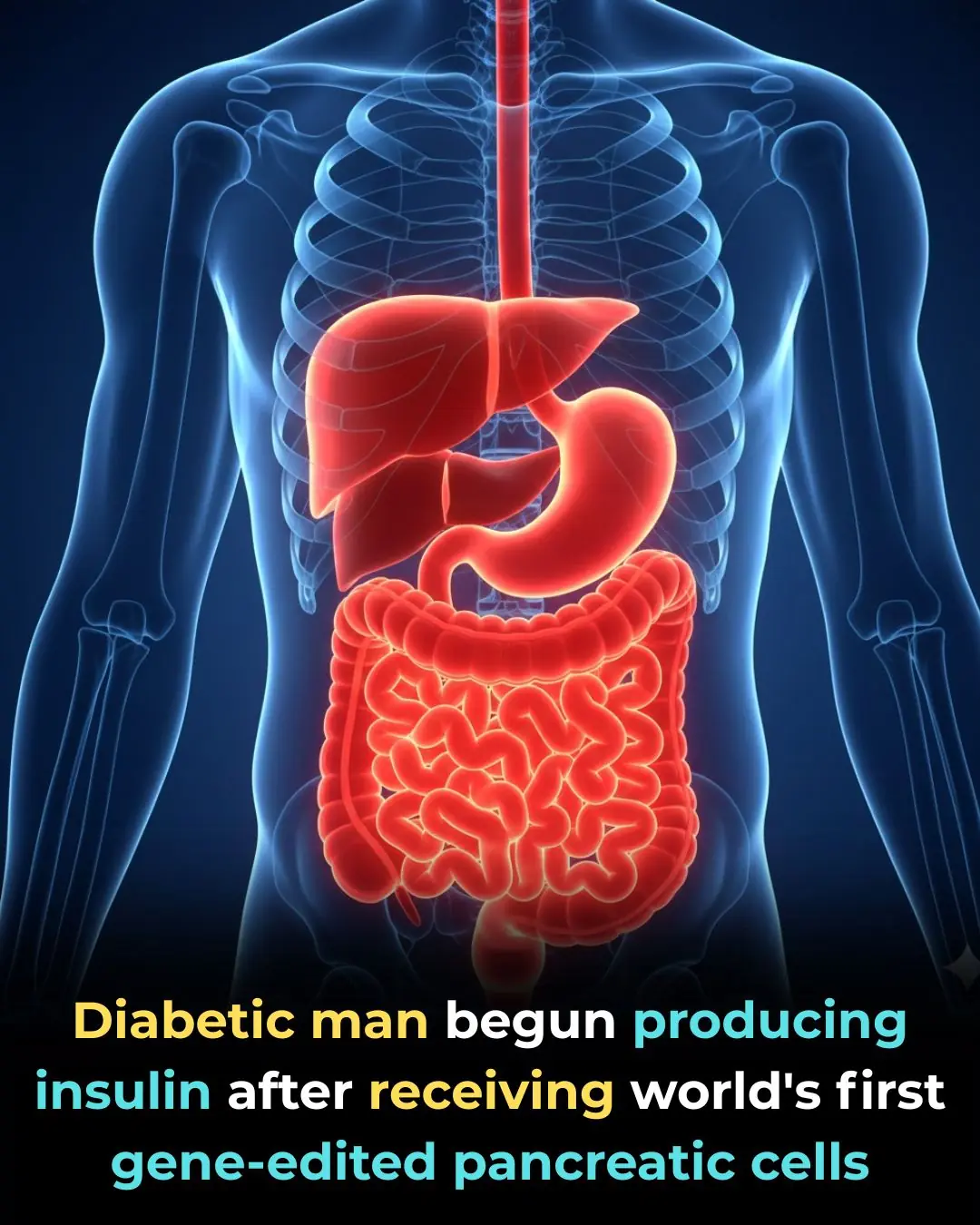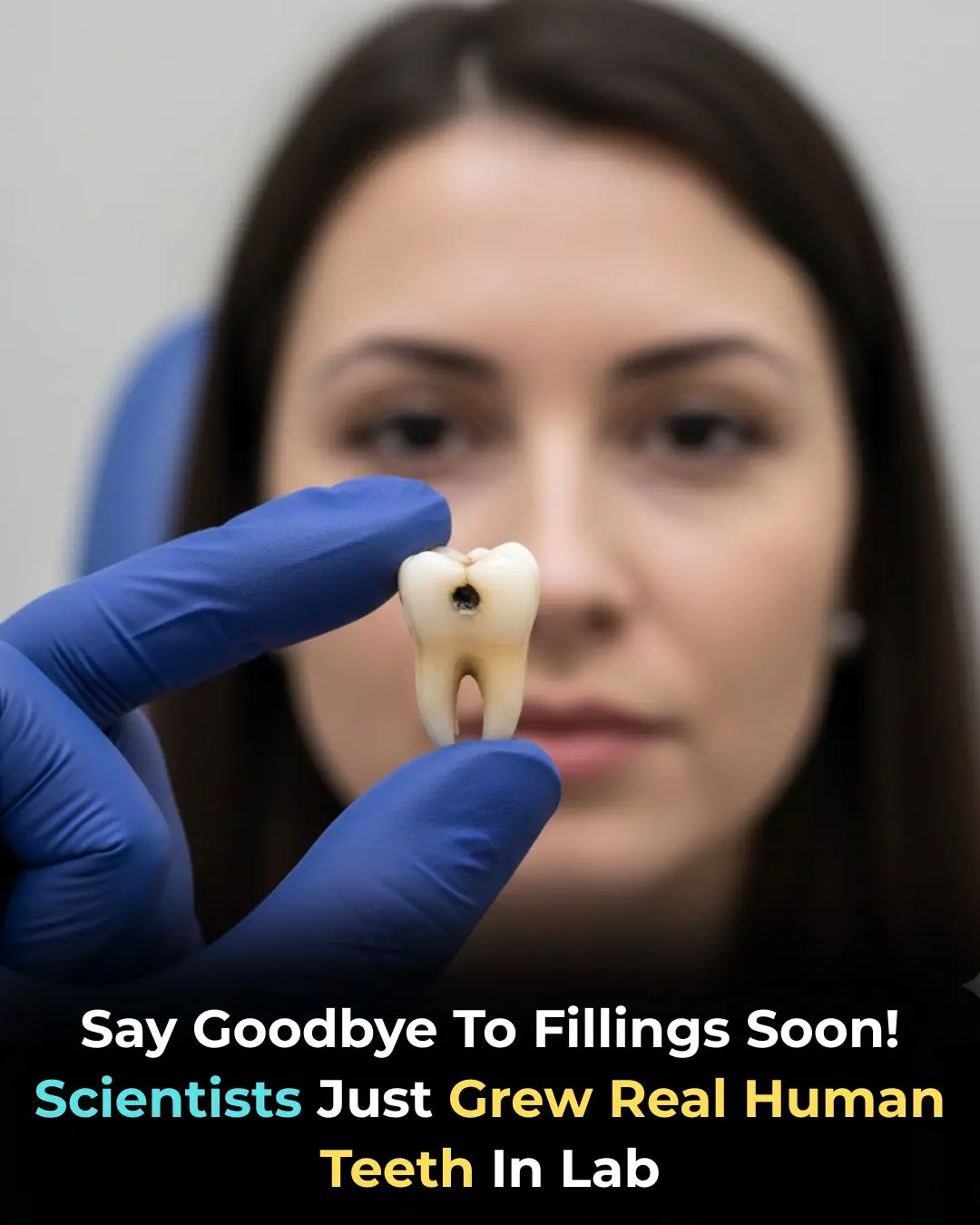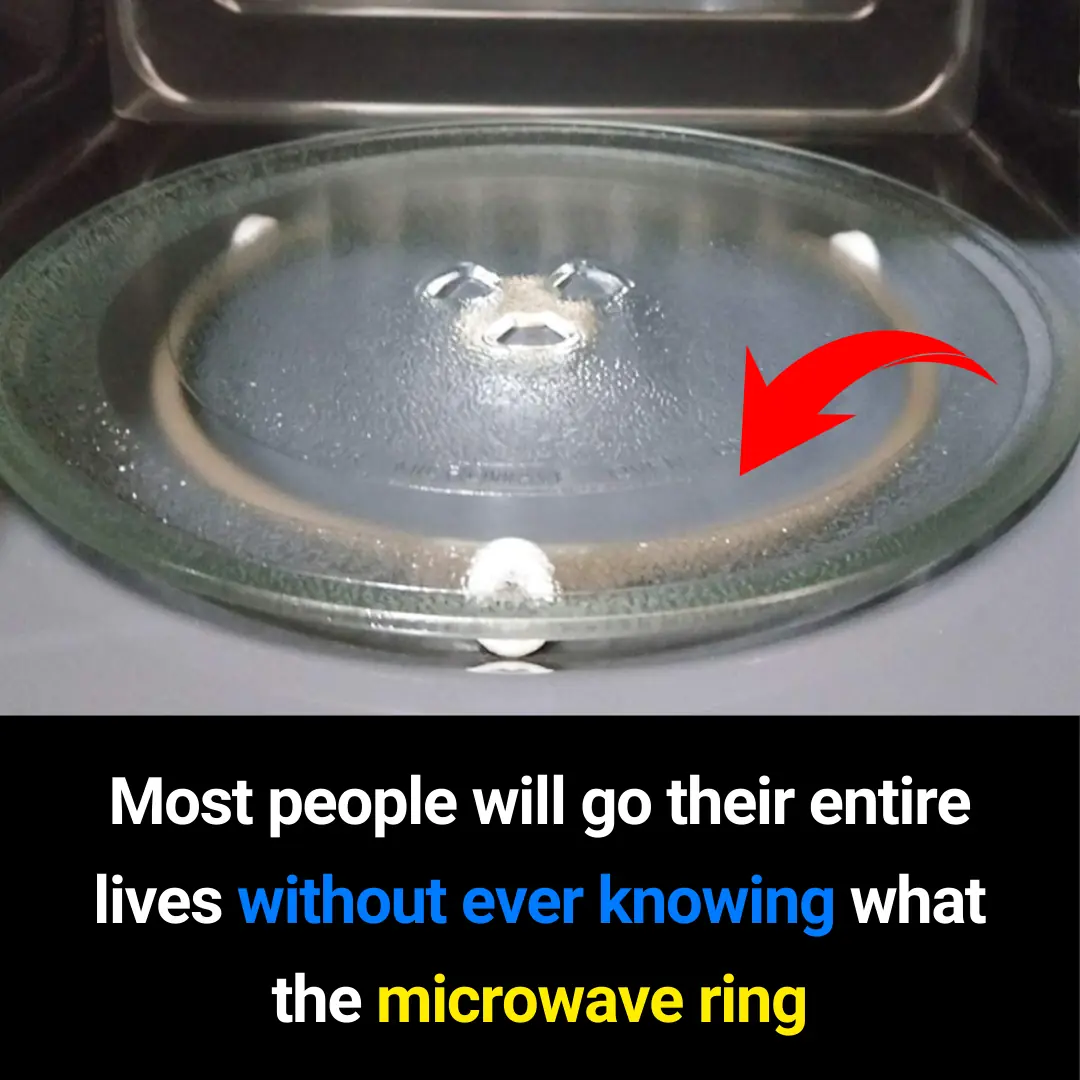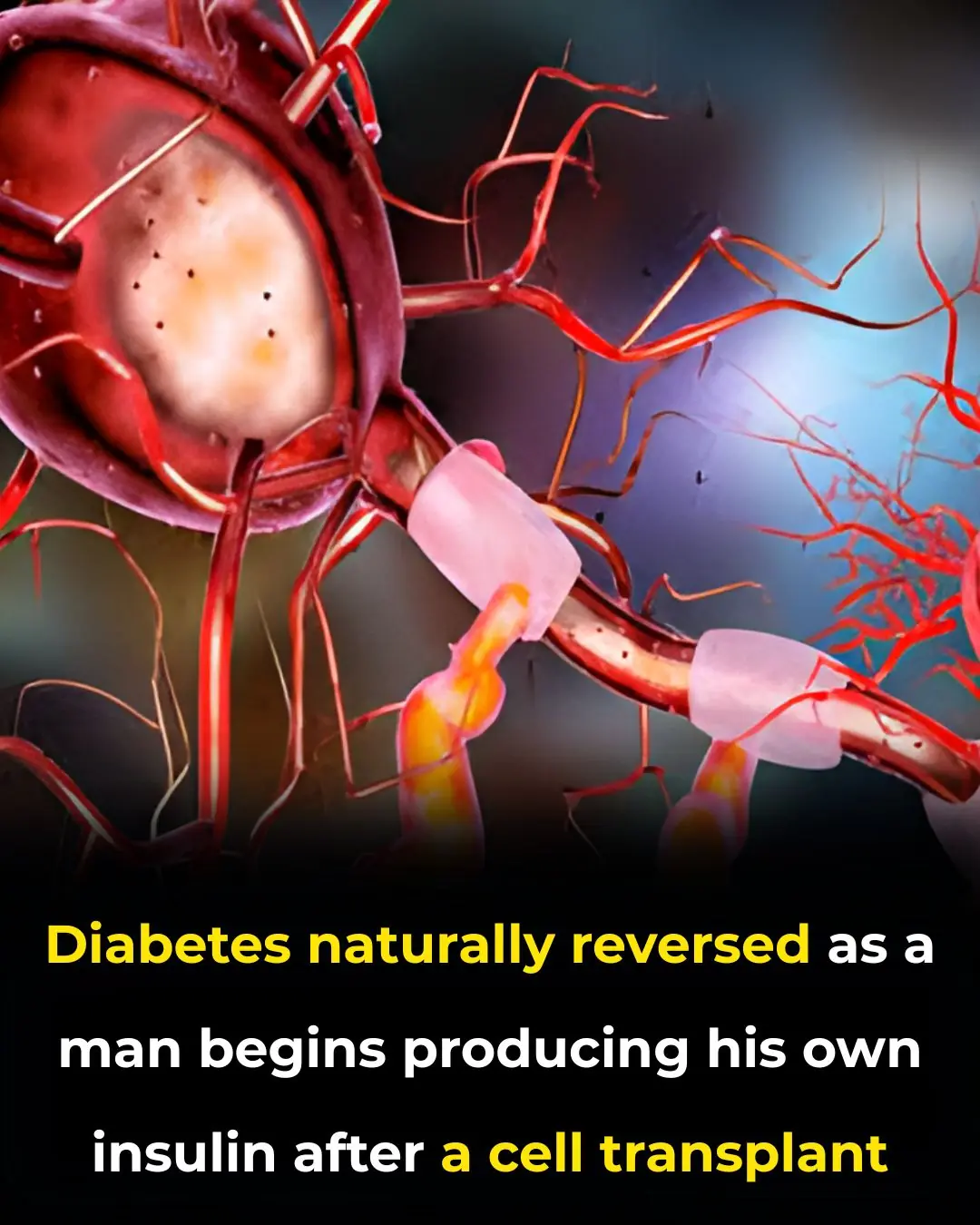
Stem Cell Therapy Restores Insulin Production in Type 1 Diabetes Patients
Stem Cell Therapy Shows Promise in Reversing Type 1 Diabetes
In a groundbreaking development in diabetes research, scientists have successfully created pancreatic islet cells from stem cells and implanted them into patients suffering from Type 1 diabetes. These islet cells, which are responsible for producing insulin in the body, were derived from pluripotent stem cells and designed to restore natural pancreatic function. Unlike conventional treatments that only manage blood sugar levels with exogenous insulin, this innovative approach targets the root cause of the disease, offering the potential for patients to regain their body’s ability to regulate glucose independently. (South China Morning Post, ScienceAlert, Nature Medicine)
Promising Early Results
Early trials have shown remarkable outcomes. Within a year of implantation, most participants no longer required insulin injections as their new islet cells began producing insulin naturally. This development represents a major shift in Type 1 diabetes care, as it moves away from lifelong symptom management toward actual restoration of pancreatic function. Participants reported more stable blood sugar levels and reduced episodes of hypoglycemia, highlighting both the functional and safety benefits of the therapy. (BBC News, Medical Xpress, ScienceDaily)
The approach works by transplanting lab-grown beta cells into the patient’s body, where they integrate with existing tissue and begin responding to glucose levels in real time. This is a significant advancement over traditional cell therapies, which often struggled with immune rejection or short-lived insulin production. Researchers report that with this method, the implanted cells are protected from the patient’s autoimmune response, at least during the early stages, allowing them to function effectively over the first year. (The Guardian, Cell Stem Cell Journal)
Potential to Transform Diabetes Care
The implications of this breakthrough are profound. If scalable, this therapy could eliminate insulin dependence for millions of people worldwide living with Type 1 diabetes. Beyond improving quality of life, it could reduce the long-term complications associated with the disease, including kidney failure, cardiovascular problems, and neuropathy. The therapy represents a paradigm shift in diabetes treatment, moving from chronic management to genuine disease modification. (World Health Organization, Harvard Health)
Experts emphasize that the technology also opens doors for future personalized medicine. By using stem cells derived from the patient themselves or matched donors, scientists hope to minimize immune rejection and maximize long-term efficacy. This could eventually lead to tailored treatments that are both safe and effective for a broad spectrum of patients. (Nature, American Diabetes Association)
Next Steps: Larger Clinical Trials
Despite these promising early results, researchers caution that more work is needed. Larger, long-term clinical trials are currently underway to confirm the safety, stability, and sustained function of the implanted islet cells. These studies will evaluate whether insulin independence can be maintained for multiple years and whether the therapy can be successfully scaled to treat larger populations. (Science, New England Journal of Medicine)
Safety remains a top priority. Scientists are closely monitoring patients for potential immune complications, tumor formation, or other unforeseen side effects. Early data suggest the therapy is well-tolerated, but robust long-term evidence is essential before it can be widely adopted. If successful, this therapy could redefine how Type 1 diabetes is treated and provide a durable, life-changing solution for millions around the world. (Medical News Today, Nature Reviews Endocrinology)
Conclusion
The creation and implantation of stem cell-derived pancreatic islet cells represents a milestone in regenerative medicine. By enabling patients to produce insulin naturally, this therapy addresses the fundamental cause of Type 1 diabetes rather than merely managing symptoms. While further research is needed to validate these findings over the long term, the early results offer genuine hope that insulin independence for people with Type 1 diabetes may soon become a reality. This breakthrough underscores the transformative potential of stem cell technology in treating chronic autoimmune diseases and may pave the way for future innovations in regenerative therapies.
News in the same category


Scientists Grow Fully Functional Human Teeth in the Lab — A Breakthrough That Could Transform Dentistry Forever

The Brain Actively Erases Short-Term Memories to Boost Efficiency

Betelgeuse Nears Its Final Stage: A Supernova That Could Be Visible in Daylight

Deadly Mistakes to Avoid When Showering With Hot Water in Winter

2 Pork Parts That Contain a High Amount of Risky Cells — Stop Eating Them Before It’s Too Late

3 types of vegetables you shouldn’t eat raw — no matter how tasty or nutritious — because they can silently damage the liver

More and more people are developing kidney failure, and doctors warn that four common drinks are the “silent culprits.” It’s time to cut back.

I Had No Clue About This! Such an Interesting Trick My Nana Swore By

My Nana Swears by This! Just 1 Thin Slice a Week — Your Orchids Will Explode with Growth

The Keyless Car Trend Everyone’s Talking About

Nana’s Timeless Trick for Bringing Jewelry Back to Life

China Launches Hanyuan‑1: World’s First Commercial Atomic Quantum Computer

Keratin From Human Hair Could Revolutionize Tooth Enamel Repair

Amazon Lakes Heat to Dangerous Levels, Triggering Mass Wildlife Deaths

Nurse Promises Not to Laugh at This Man’s Problem

What Your “Odd Animal Out” Choice Says About You

As he nears 100, Dick Van Dyke, 99, makes a touching confession about his life

Local Washington State Park Changes Name Meaning To Honor Rosa Franklin, The States First Black Woman Senator
News Post

Groundbreaking Gene-Edited Cell Therapy Shows Promise for Type 1 Diabetes Cure

Scientists Grow Fully Functional Human Teeth in the Lab — A Breakthrough That Could Transform Dentistry Forever

The Surprising Healing Power of Onion Milk

What Is a Microwave Ring Cover? Why This Small Part Matters More Than You Think (SEO-Friendly Guide)

The Netherlands Builds a 600-Meter Floating System to Clean Ocean Plastic: A Breakthrough for Global Marine Protection

✅ International Medical Recommendations for Treating Snakebites

🌟 Belgium’s 15-Year-Old Prodigy Earns a PhD in Quantum Physics — A Remarkable Journey of Genius and Innovation 🌟

The Brain Actively Erases Short-Term Memories to Boost Efficiency

Betelgeuse Nears Its Final Stage: A Supernova That Could Be Visible in Daylight

Deadly Mistakes to Avoid When Showering With Hot Water in Winter

2 Pork Parts That Contain a High Amount of Risky Cells — Stop Eating Them Before It’s Too Late

3 types of vegetables you shouldn’t eat raw — no matter how tasty or nutritious — because they can silently damage the liver

More and more people are developing kidney failure, and doctors warn that four common drinks are the “silent culprits.” It’s time to cut back.

I Had No Clue About This! Such an Interesting Trick My Nana Swore By

My Nana Swears by This! Just 1 Thin Slice a Week — Your Orchids Will Explode with Growth

The Keyless Car Trend Everyone’s Talking About

Nana’s Timeless Trick for Bringing Jewelry Back to Life

China Launches Hanyuan‑1: World’s First Commercial Atomic Quantum Computer
